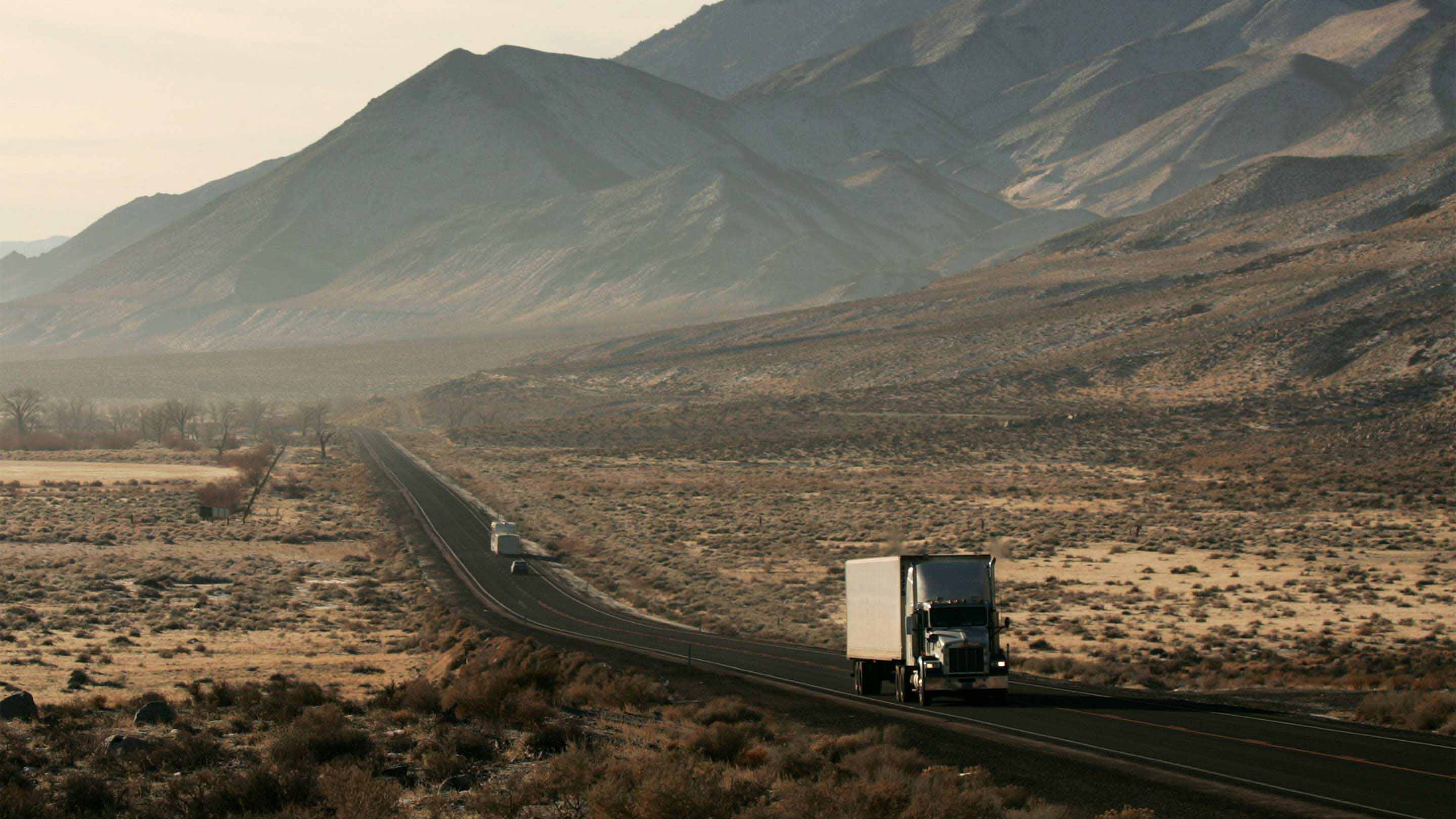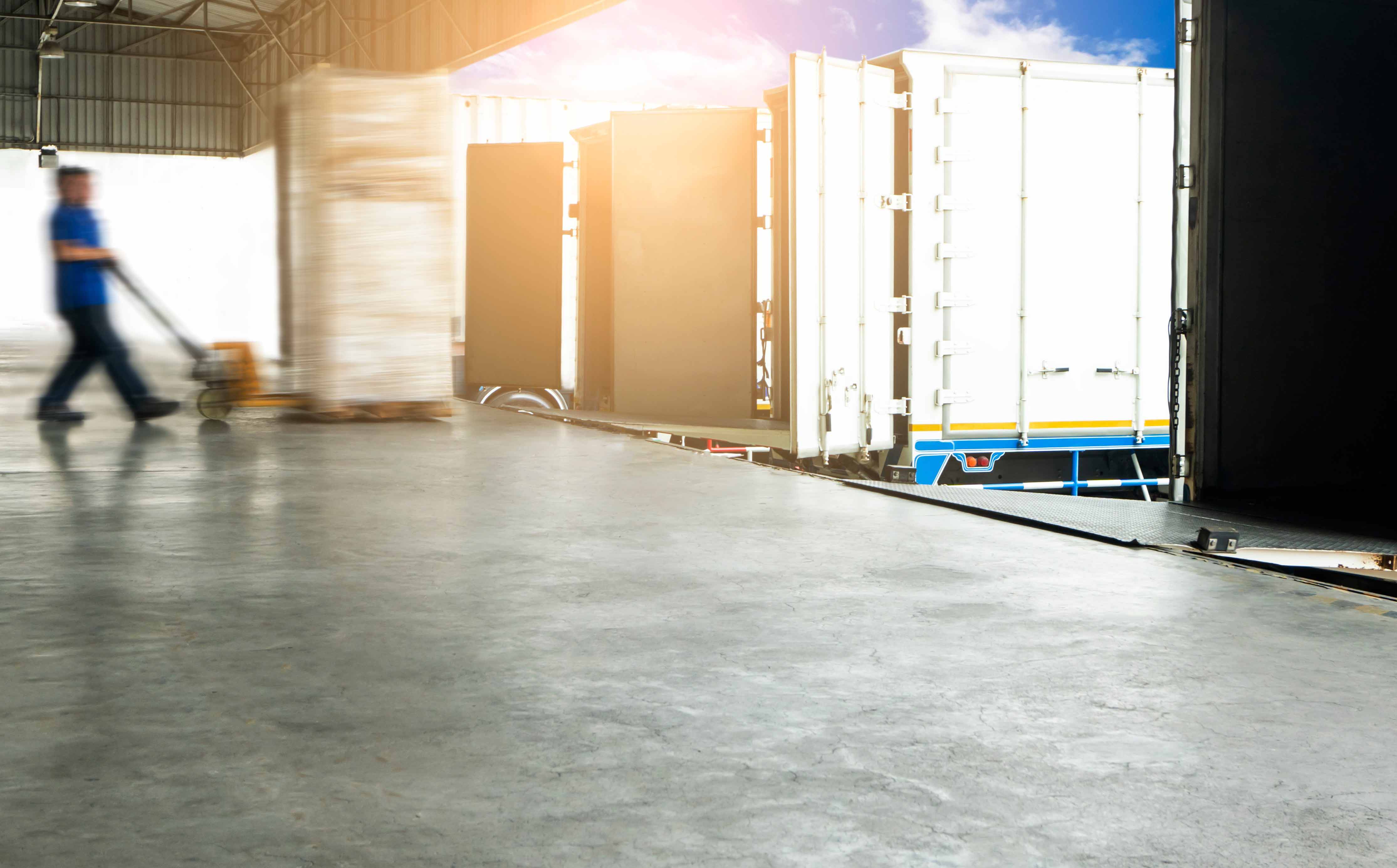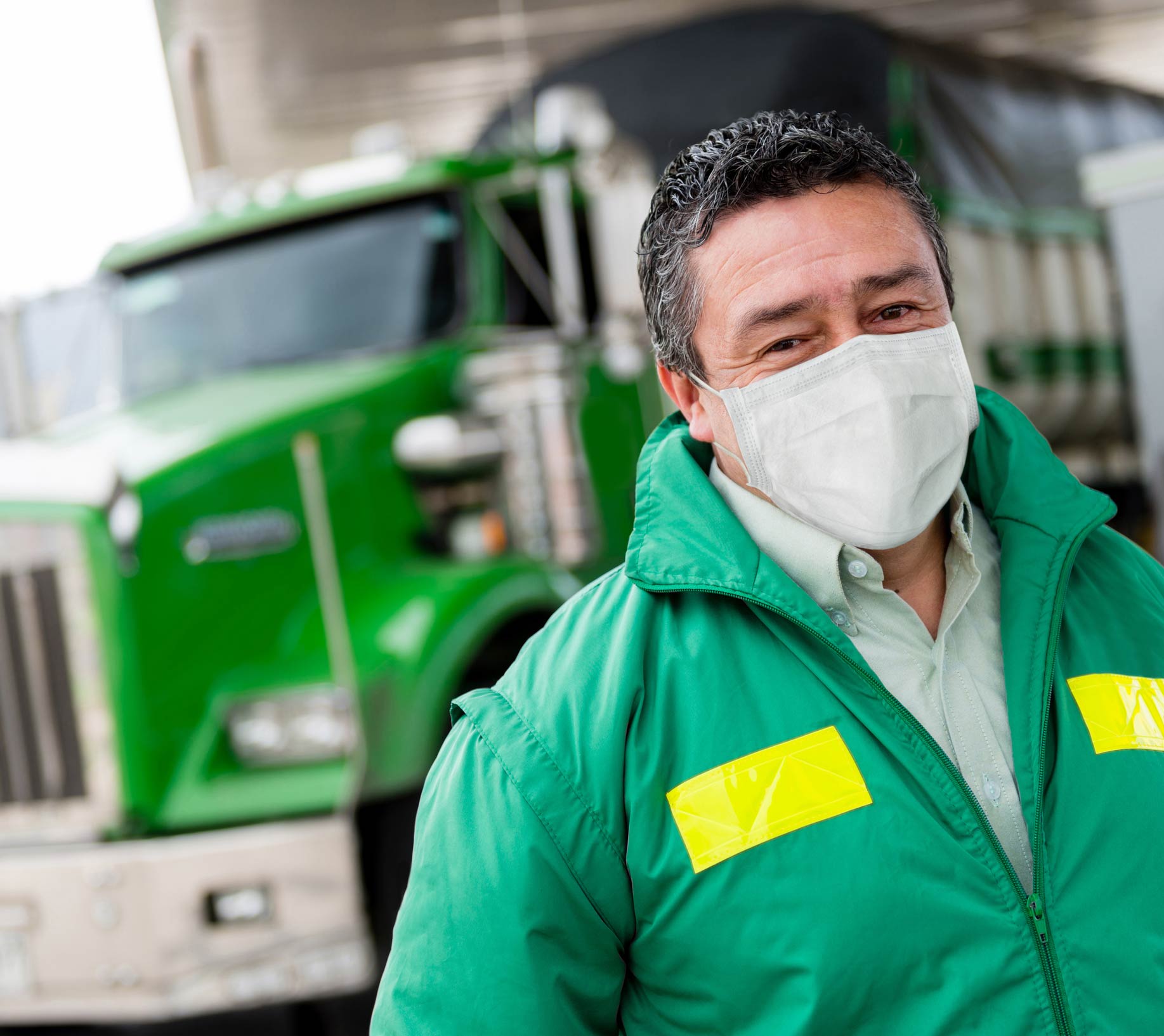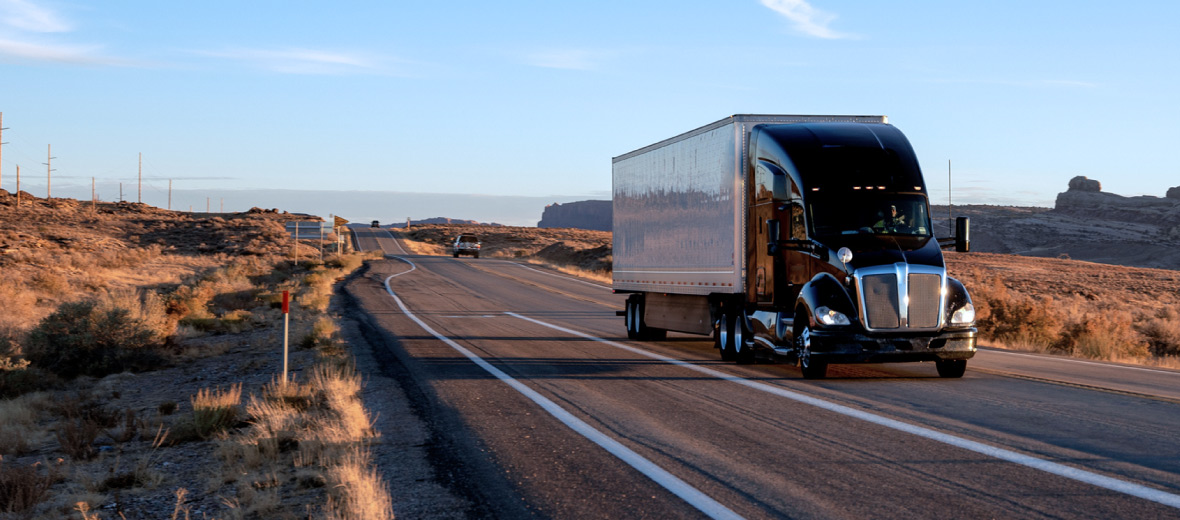Trucking in transition: Navigating the new normal
We’ve collected a list of key points to consider when adapting your fleet.

As the global pandemic seems to be slowing down and orders to stay home are lifted, many businesses are trying to figure out what returning to the workplace in a new normal looks like — transportation companies included. Although trucking companies have been deemed essential businesses, they have also been greatly affected by COVID-19 and its impact on the world.
Through this time, we’ve seen some trucking companies opting to adapt to a remote working framework, while others moved quickly to provide the social distancing required for their workplace. Through all of it, many were able to deliver the nation's essential goods without compromising service performance.
As we face the transition back to work in our new normal, we as a software provider to trucking companies and 3PLs, think a lot about how our customers can keep up with current demand while ensuring that their shippers and employees are taken care of.
We took our internal learnings and conversations and brought it to you all in hopes of igniting a conversation around how we can all support our teams, our partners, and our customers through the new age of working.
We’ve put together a few observations and questions to help you plan your transition back to work in the new normal, whatever this may look like for your team. Your plan should continue to follow local safety regulations and government guidelines, but this guide will help you figure out how you can support your employees and customers as we all transition to this new reality together.
Here are some things to consider when transitioning back to work in a new normal:
Determine which roles will benefit from going back to work, and which employees can benefit from working remotely
Although teams may be eager to get back to work in full swing, try to limit the number of unnecessary people in your office by identifying who will benefit from being back, and which employees can remain working remotely. Like we’ve mentioned above, some trucking companies are beginning to open up to permanent remote employees, which opens up opportunities to extend your available talent pool.

Roles like support, sales, accounting, and other employees of the administrative nature can certainly work remotely using their existing communication tools. Having these team members remain at home frees up space that your in-office team can use to spread out desks and workstations to limit physical interaction. Employees like dispatchers and drivers who rely heavily on being in-office or on the road are top priority for returning if they haven’t already done so.
With our own customers, we’ve seen how dispatchers can fully plan the orders and loads remotely while increasing communications with drivers through the phone or via our Driver Mobile Chat. From sending a manifest electronically, to having a driver take a photo of a proof of delivery (POD) rather than keeping the paper copy, we’ve seen first hand how simple and possible it can be to limit the physical exchange between your shippers, drivers, dispatchers, and accounting.
As the limit of people in office buildings begins to increase, you can gradually transition more of your remote-friendly team members back to work.
Leverage existing technology
COVID-19 has proven the pivotal role technology plays in helping trucking companies stay connected. With the initial shift to remote work, many trucking companies leaned on technology to support their customers, drivers, and teams.

The tools that work are dependent on the size of your team and how they will be working, but we recommend three necessary tools for any trucking company- instant messenger, video conferencing, and a cloud-based Transportation Management Software (TMS).
Instant Messaging: Instant chat is great for group discussions, and allows for instant messages to share information, files, and connect other apps your team uses. Try using Slack or Flock.
Video Conferencing: This is the closest way to mimic face-to-face conversations, and is vital to a blended working strategy. This is best used for scheduled time like individual conversations, team meetings, or recorded demos. Zoom and Google Hangouts work well.
Cloud-Based TMS: A cloud-based TMS is essential for helping your team work remotely. By allowing you to streamline communications around order information and ETA updates, a TMS minimizes customer back-and-forth and helps free up time throughout your day.
Rose Rocket & Geotab Integration: Your Geotab devices can track GPS location and HOS data and this information is readily available. But when integrated into a TMS like Rose Rocket, you can automate track and trace and put this information in front of your customers, helping your internal team reduce phone calls and emails from shippers. This works especially well with remote teams, since reducing unnecessary touch points can ease any risk for miscommunication and allow your dispatchers and CSRs to focus on other important aspects of their work.
Rethink what human connection looks like with your stakeholders
We are all trying to find a way to seamlessly transition back to work with undisrupted business performance, but we are all just people whose lives are impacted by COVID-19 in ways that are more than just our work.

Your stakeholders appreciate what you do to support them, which can help result in undisrupted service performance. Take the time to let them know how your business is functioning during this time, and what measures you are putting in place to support each other in a new normal.
One of the biggest shifts we will continue to see in the industry is social distancing and contactless operations not only in-office, but for drivers on the road. From truck stops to truck cabs, drivers face their own set of challenges to ensure personal safety while travelling cross country. Consider how you can support your drivers- whether it be providing available truck stop information, servicing cleaners for cabs, or giving out personal hygiene products like face masks, gloves, and hand sanitizer.
Most importantly, keep communication lines open and check-in on your drivers, teams, and customers, to see how we can help one another through this transition, whether it be through business or otherwise.
Anticipate more changes and be adaptable
Despite the reopening of many businesses, COVID-19 is still an ongoing issue that will continue to impact our new normal. During this uncertain time, businesses must be adaptable to changes in government guidelines and have a plan for transitioning back to remote working if necessary.

No one can be certain when the pandemic will end, so it’s important to be prepared for a second wave and not let it catch you by surprise. Consider what has been working well since COVID-19, and how it is possible for you to better support drivers, customers, and employees with what you know now.
It can be challenging to think about your next steps with no rule book and the uncertainty of the future. Creating a plan focused on maintaining strong communication, utilizing technology, and being adaptable to ongoing changes will help trucking companies transition to a new normal of work.
About Rose Rocket:
Founded in 2015, Rose Rocket is a leading transportation management software (TMS) provider who is modernizing the trucking industry. The Y-Combinator backed company was created to help trucking companies improve communication between systems, customers, and teams. Rose Rocket’s best-in-class order management software improves freight planning and visibility with carriers, helping them become more customer-centric to differentiate and future-proof their business. The company’s platform architecture allows trucking companies to easily connect to the software that runs their business, from telematics to customer service and more.
For more information, visit: www.roserocket.com.
Subscribe to get industry tips and insights
The Geotab Team write about company news.
Table of Contents
Subscribe to get industry tips and insights
Related posts

What is government fleet management software and how is it used?
April 10, 2025
3 minute read

Beyond the road: Enhancing school bus interior safety with advanced technology
April 10, 2025
5 minute read

60+ trucking industry statistics: trends + outlook for 2025
April 8, 2025
6 minute read

Enhancing student bus safety: Combating distracted driving in the digital age
April 7, 2025
6 minute read

How a data driven policing environment elevates your department’s potential
March 24, 2025
4 minute read
